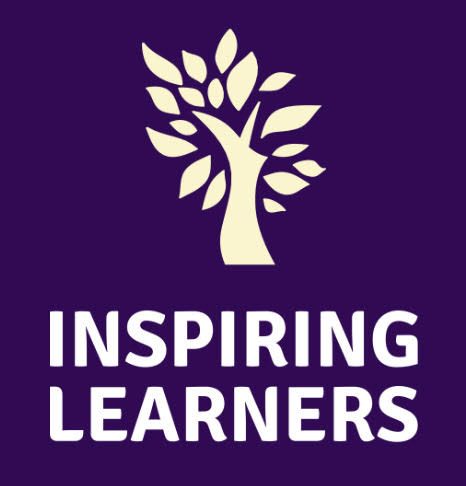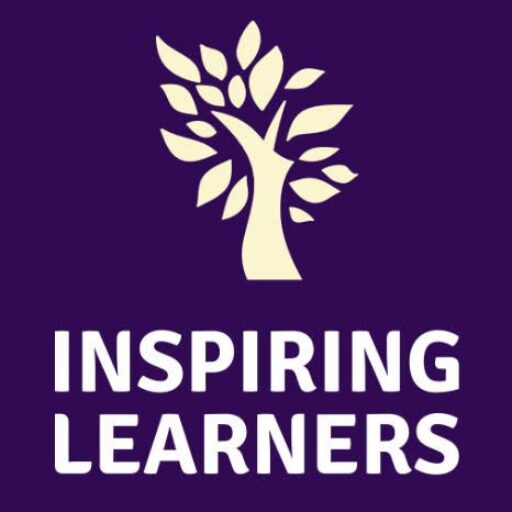The Power of Mentoring: Empowering Students for Success
Introduction: In the journey of education, one crucial element that can make a profound difference in a student’s life is mentorship. A mentor, a guide, and a role model all rolled into one, can provide invaluable support and encouragement to students, helping them navigate challenges and unlock their true potential. This article explores the importance of mentoring students, highlighting the transformative impact it can have on their personal, academic, and professional growth.
- Building Self-Confidence: Mentoring instills confidence in students by providing a safe and supportive environment. A mentor serves as a sounding board, listens attentively, and offers constructive feedback. Through this process, students gain self-assurance, enabling them to overcome obstacles and believe in their abilities.
- Academic Guidance: Mentors play a crucial role in guiding students through their academic journey. They assist in setting goals, developing study skills, and exploring educational opportunities. A mentor’s experience and knowledge can help students navigate complex subjects, select suitable courses, and make informed decisions about their future academic pursuits.
- Personal Development: Beyond academics, mentoring fosters personal development in students. Mentors act as role models, exemplifying positive values, work ethic, and integrity. They provide guidance on time management, organization, and effective communication skills. By modeling these attributes, mentors inspire students to develop these qualities themselves.
- Career Exploration: Mentors can offer valuable insights into various career paths and industries. Through their own experiences, they provide guidance on career choices, internship opportunities, and professional development. By exposing students to real-world scenarios and industry contacts, mentors empower them to make informed decisions about their future careers.
- Networking and Connections: One of the most significant benefits of mentoring is the opportunity for students to expand their network and establish connections. Mentors often introduce students to professionals in their respective fields, opening doors to internships, job shadowing, and networking events. These connections provide students with invaluable resources and potential career opportunities.
- Emotional Support: Mentoring extends beyond academic and career guidance; it also offers emotional support. Students may face personal challenges or stressors, and mentors provide a listening ear, empathy, and advice. By nurturing a supportive relationship, mentors help students cope with difficulties, build resilience, and develop essential life skills.
- Long-Term Impact: The impact of mentoring extends far beyond a student’s academic journey. Studies have shown that students who have had positive mentoring experiences are more likely to graduate from high school, enroll in higher education, and succeed in their careers. Mentoring provides students with a foundation for lifelong learning and personal growth.
Conclusion: Mentoring is a powerful tool that empowers students to overcome challenges, unlock their potential, and achieve success. By providing academic guidance, personal development, career exploration, networking opportunities, and emotional support, mentors play a crucial role in shaping students’ lives. As educators and society as a whole, it is our responsibility to recognize and promote the importance of mentoring, ensuring that every student has access to this transformative experience






